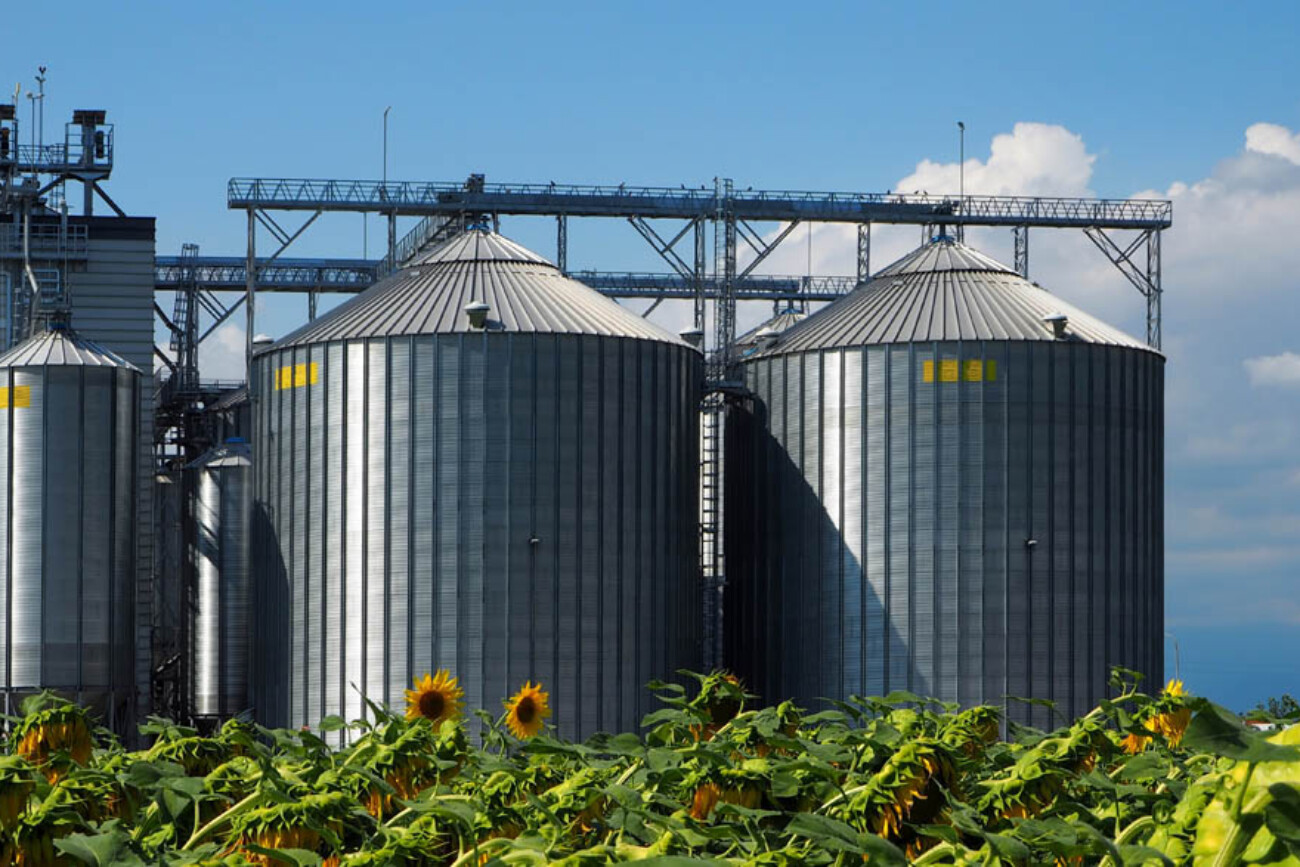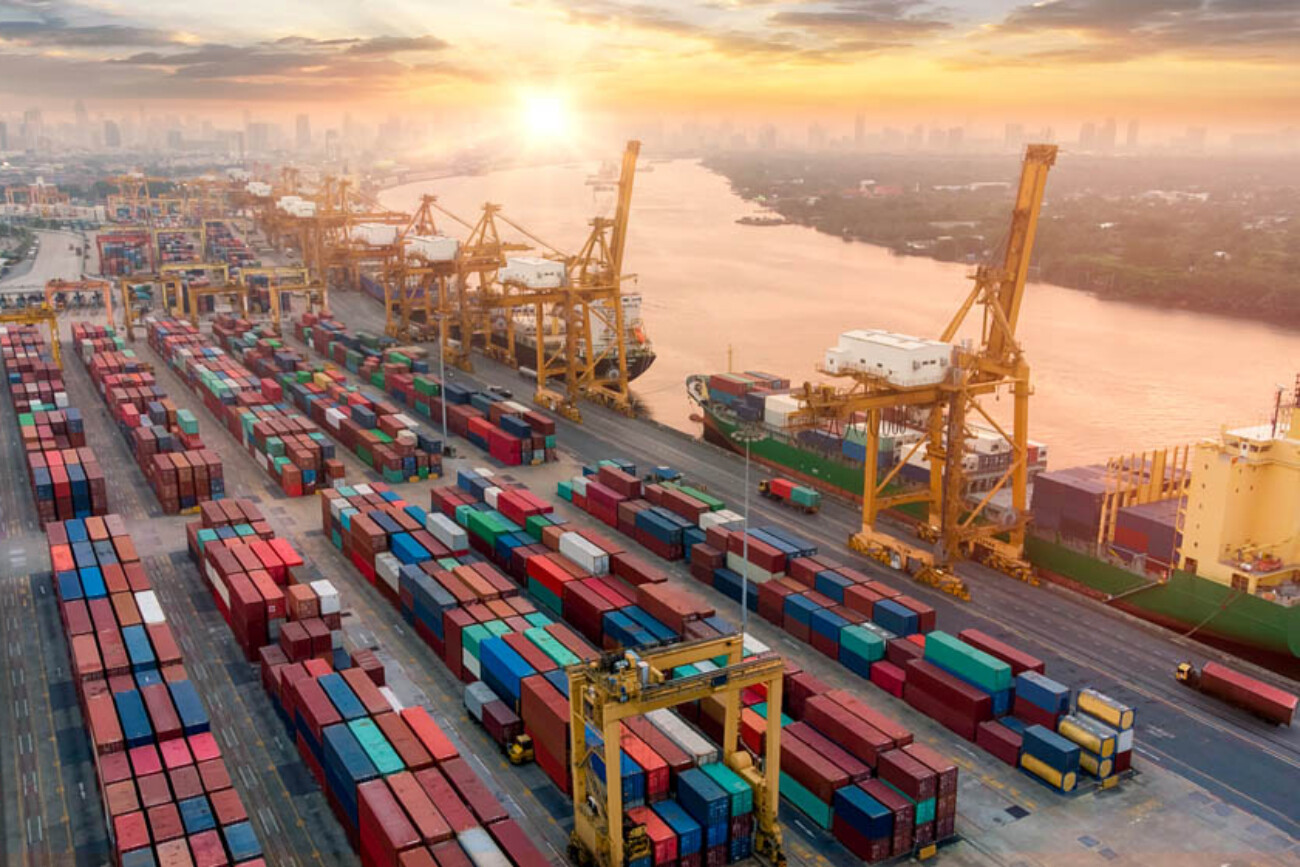Global Macro
The US Treasury curve is still screaming recession, the Biden administration is changing the definition of recession, Inflation has seemingly cooled a tad, China is being provoked by the US and might use this as an excuse to take back Taiwan, grains are moving in the Black Sea but no one wants them. This is all noise because the only thing that truly matters, either as cause or effect is the value of the Dollar.
The very brightest and best on Wall St are not united on its trajectory. There are those that believe that when the Fed pivots, the dollar will slump back into its secular bear trend and there are others who believe that all the noise has created an unending bid for safety. At the first sign of an improving inflation rate, the Fed will chicken out and pivot for sure but will the Dollar collapse back to its 90 Index support or just float more or less where it is now?
It’s the Dollar that matters,
the rest is noise.
These questions are crucial for a series of EM sovereign bonds who are about to default and others on the road to ruin if this Dollar strength keeps up. El Salvador, Ghana, Egypt and Tunisia are the next to fall. Add that to Argentina, Turkey and Ukraine and all of a sudden you’ve got a third of the index in default by volume. This surely will push up local bank lending rates and make Dollar financing more attractive if you can even get it. Brazil is not far from the danger zone either, and you wonder if another Plaza Accord is coming down the pipe.
In this environment why would you venture any further than the short end of the curve and remain super senior secured? Remember the curve is inverted to boot. Its telling you that you’re not getting paid for the risk. It’s the Dollar that matters, the rest is noise.
Agricultural Commodities
After many months of discussion, an agreement to create a channel for grain to be shipped from Ukrainian ports is finally in place. While the headline is positive, and we’ve begun to see ships set sail, there are a number of frictions that remain. Finding vessels and crews, getting the ships insured, and then increasing shipping volume to have a material effect on global supply are just a few – let’s not forget, there are also mines floating around the area that have drifted far offshore. Lastly, it’s been reported that the first vessel that left Ukraine under the agreement has been refused by its Lebanese buyer due to late delivery. How could it be?
At long last, Ukrainian grains are unlocked, and then sent to a country reeling for food and energy, only to be rejected. Alas, traders are traders, and business is business, so why not take advantage of the situation? With agri-commodity prices having come down significantly since February, a breach of contract gives the opportunity to refuse the goods and renegotiate a much lower price. The precedent is now set, and we’d expect much of the same going forward. For Ukrainian exporters, this will impede cash flows at a time when they’re already hurting. We would expect this to hamper their ability to invest in agriculture going forward, leading to lower planted areas and crop yields in the coming seasons.
…Russia’s grasp on the Black Sea grain trade is strong
and will not be given up so easily…
The current agreement may only be temporary.
Our view that Russia’s grasp on the Black Sea grain trade is strong and will not be given up so easily remains the same. The current agreement may only be temporary. Most countries in need of food are in the Middle East and Africa and have abstained from condemning Russia. Unlocking a corridor for grains will remove much of their angst and keep Putin’s influence in these regions intact. Moreover, the agreement comes too little too late, old grains have likely spoiled or reduced in quality significantly, while this season’s planting will be significantly lower. Importantly, Russia can at any time decide not to honor the agreement. This message was clear when Odessa was attacked just hours after the agreement was signed. Buyer be warned.
…in severe cases default may not be out of the question.
[…] our focus remains on only the top producers
and well-placed processing companies.
With prices for all agricultural commodities coming down significantly, buyers will look for any reason to renege on their contracts in effort to negotiate lower pricing. This is not news, but commonplace, highlighted by the current circumstances. From an investment perspective, it is at times like this that analysis of your investees’ delivery track records and internal processes is thorough. We would encourage not just going through investee records but speaking with local buyers and traders who can also attest to reputation as well. Aside from delivering goods, price volatility is also a test of hedging policies. Margin compression is inevitable in most cases, but in severe cases default may not be out of the question.
Looking towards next season, we note that input prices are exceptionally high, while the agri-commodities they go towards producing are now at much lower prices. No hedge can solve for negative margin, and we worry that even the average producer may be faced with this situation. As always, our focus remains on only the top producers and well-placed processing companies, but for those who have ventured off the beaten path, be prepared for some pain.
Nord45Partners ©2022


